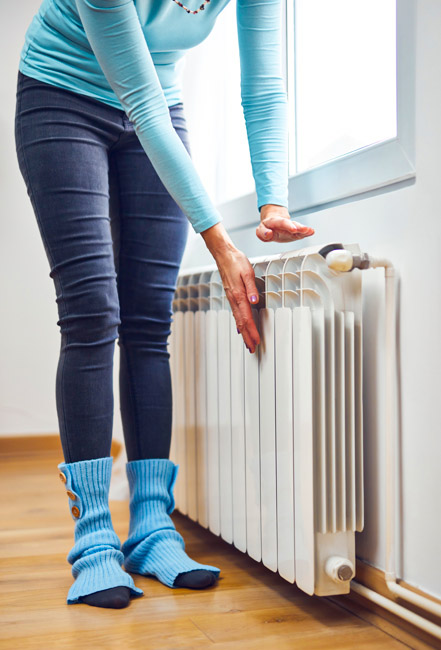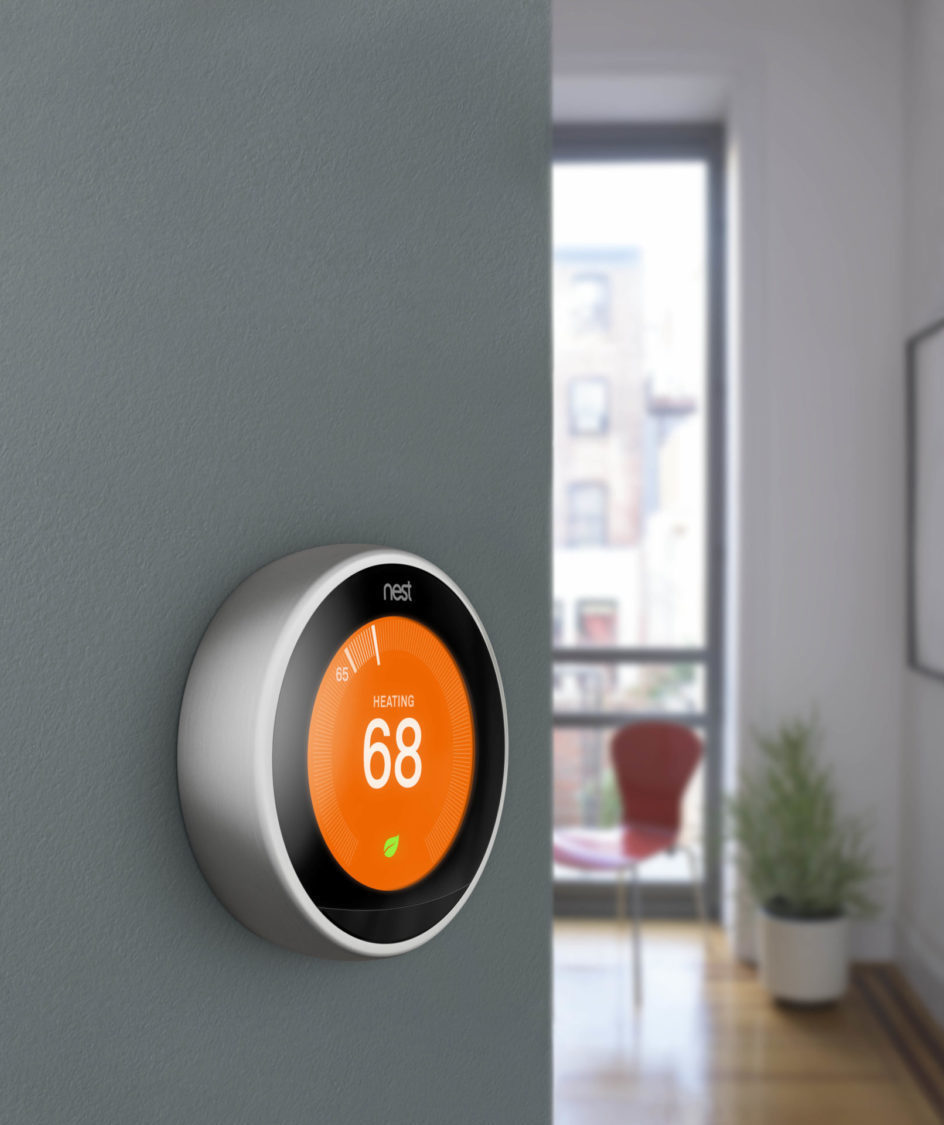The Role Of Air Filters In Your Hvac System
Air filters play an important role in the overall performance of your HVAC system. Proper maintenance and regular replacement are essential for optimal efficiency, energy savings and improved indoor air quality.
This article will provide a comprehensive overview of the importance of using high-quality air filters in residential and commercial applications, as well as discuss how to select the right filter for specific needs.
High-efficiency air filters can help reduce dust particles, pollen, pet dander and other contaminants from entering your home or workspace. In addition to improving indoor air quality, regularly replacing these machines helps ensure proper airflow throughout your property which can improve comfort levels while also reducing energy bills by preventing overworking of heating and cooling units.
By understanding what type of filter is best suited to one’s particular environment, users can enjoy improved health benefits while saving money with better efficiency on their HVAC systems.
Why Are Air Filters Important?
Air filters play an important role in the functioning of a HVAC system. They help to purify air by trapping pollutants, allergens and other airborne particles that can otherwise cause various health problems.
Air filter longevity is enhanced when they are regularly checked and replaced as necessary. The purpose of an air filter is two-fold: firstly, it prevents dust, dirt and other debris from entering the indoor environment; secondly it helps improve the overall air quality by capturing microscopic contaminants such as bacteria, mold spores and pet dander before they spread through your home or office.

Regular maintenance of these components can reduce energy costs associated with running the HVAC unit while also prolonging its lifespan. Additionally, replacing clogged or dirty filters on time can help keep family members safe from respiratory illnesses caused by poor air quality.
How Do Air Filters Work?
Air filters are an essential component of any HVAC system. By trapping and preventing the circulation of airborne particles, air filters help maintain a healthy indoor environment by reducing allergen levels.
Understanding how air filters work is key to creating comfortable living spaces with clean air. The airflow dynamics in your HVAC system determine the effectiveness of your air filter’s performance.
When air passes through the filter media, tiny fibers trap particulates and prevent them from circulating around your home or business premises. The higher the filter efficiency, the more effective it will be at capturing smaller particles for improved indoor air quality.
Different types of filters have varying capabilities when it comes to their ability to capture pollutants and dust mites that can aggravate allergies and cause respiratory problems. It’s important to ensure you choose an appropriate size, type, and rating for high-efficiency filtration in order to get maximum benefits from your air filtering system.
Different Types Of Air Filters
Air filters are an integral part of any HVAC system, playing a crucial role in the removal and circulation of air. Depending on their rating, they can trap different sized particles such as dust mites, pollen, bacteria and other allergens to ensure cleaner air is circulated throughout your home or office.
There are several types of air filters available that differ based on filter material and their ratings. The most commonly used type of air filter is made from disposable fiberglass, which has a MERV (Minimum Efficiency Reporting Value) rating between 1-4 for residential applications. This type of filter does not offer much protection against airborne pollutants but does help reduce household odors.
Additionally, pleated media filters provide higher levels of filtration with MERV ratings ranging from 5-13. They use more efficient materials like polyester or cotton fibers to remove smaller particles from the air such as spores and smoke particles.
Finally, HEPA (High Efficiency Particulate Air) filters have the highest level of efficiency with MERV ratings up to 20+ depending on its application. These specialized filters are capable of trapping 99.97% of all particulates larger than 0.3 microns in size—including mold spores, pet dander, viruses, smoke and more—making them ideal for those suffering from severe allergies or asthma symptoms.
No matter what kind of air filter you choose, it is important to replace them regularly according to manufacturer instructions as dirty or clogged filters will simply recirculate contaminants back into the environment rather than removing them effectively.
Benefits Of High-Efficiency Air Filters
Air filters are an important component of the HVAC system, as they help to create a healthy living environment. High-efficiency air filters provide numerous advantages when compared to standard air filters; they have been proven to reduce energy costs and improve indoor air quality over time.
High-efficiency air filters feature higher minimum efficiency reporting value (MERV) ratings than their conventional counterparts. This means that more airborne pollutants can be trapped before entering the home. These particles could include dust mites, pollen, bacteria and mold spores – all of which contribute to poor indoor air quality.
By trapping these contaminants in the filter, the risk of them being circulated through the house is greatly reduced. Furthermore, because high-efficiency filters require less frequent replacement than traditional models, homeowners may benefit from long term savings on maintenance costs.
In addition, using such advanced filtration systems will also prolong the life span of your HVAC system by reducing strain caused by dirt buildup in ducts and other components.
Choosing a high-efficiency filter for your HVAC system is a wise decision if you want to ensure better indoor air quality while saving money in the long run. With proper installation and regular maintenance, this type of filter should serve its purpose for years to come.
Selecting The Right Air Filter For Your System
Choosing the right air filter for your HVAC system is an important step in maintaining a healthy indoor environment. A suitable size of filter should be chosen to ensure that it fits properly and does not restrict airflow.
The type of filter you choose will depend on the level of pollutant protection required, from basic mechanical filters to more advanced electrostatic filters. The size of air filter needed depends on variables including dimensions, area covered and total volume of air processed by the system. Furthermore, it must also fit into the space available in the ductwork or housing unit while leaving enough room around its edges so as not to impede airflow.
It is best practice to consult with a professional who can advise on the most appropriate size for your needs. Additionally, they can provide information about different types of filters and their ability to protect against pollutants such as dust, pollen and other particles in the air which may have adverse health effects if inhaled. When selecting an air filter based on pollutant protection, consider factors such as particle removal efficiency ratings (MERV) and ASHRAE standards rating (FPR).
MERV ratings range from 1-16 with higher numbers indicating greater filtration capability while FPR are graded between 1-10 meaning 10 being highest grade. Moreover, certain filters may need to be changed at regular intervals depending upon usage levels or environmental conditions; thus make sure to check manufacturer recommendations before purchase.
Ultimately, choosing the right air filter requires careful consideration due to varying sizes and capabilities across models; however investing time researching options now will pay dividends in terms of improved comfort levels down track.
Maintaining And Replacing Air Filters
Maintaining air filters is an important part of keeping your HVAC system running efficiently. Regularly changing or cleaning the filter helps to prevent clogs in the system and can help improve indoor air quality by trapping dust, pollen, and other contaminants from entering the home’s ventilation system.
The frequency of replacing a filter depends on factors such as type of filter used, amount of pet dander present in the environment, presence of smokers in the household, and whether there are any allergens that need additional filtration.
The lifespan of an air filter also varies depending on how often it is changed or cleaned. Generally speaking, disposable fiberglass filters should be replaced every 30 days while pleated filters may last up to three months before needing replacement. High-efficiency particulate air (HEPA) filters have much longer lifespans and typically only need to be changed once per year.
It is recommended to refer to manufacturer instructions for specific information regarding replacements intervals and maintenance schedules for each individual model.

The Impact Of Air Filters On Your Hvac System
Air filters play a critical role in your HVAC system. Properly installed, these filters will increase the energy efficiency of your unit and help to keep air quality high.
Airborne contaminants such as pet dander, dust mites, lint, pollen and other substances are trapped by the filter media which can be anything from woven material to pleated paper. This prevents them from circulating through the home’s ductwork and entering living spaces where they can cause respiratory issues or allergies.
It also helps reduce wear on components inside the HVAC system itself so it runs more efficiently and lasts longer.
Regular maintenance is key when it comes to keeping up with proper installation of air filters for maximum energy savings. Replacing filters based on manufacturer’s specifications ensures that airflow remains unrestricted while preventing dirt buildup in key areas like evaporator coils and blower blades.
Saving money on utility bills is just one benefit; improved indoor air quality is another major plus for homeowners who choose to regularly replace their air filters.
Conclusion
Air filters are an essential component of a healthy HVAC system, as they help to improve air quality and reduce energy costs. The right selection and maintenance of the filter is paramount in order for it to function properly.
High-efficiency filters provide additional benefits such as improved indoor air quality and greater energy savings. It is important to select the correct size filter for your unit, replace them regularly, and maintain them correctly in order to ensure that your HVAC system continues to operate efficiently and at peak performance.
An annual inspection can ensure optimal performance from both the HVAC system itself and its associated components, including air filters. By following these simple steps, you can be sure that your home’s air quality remains top notch.







